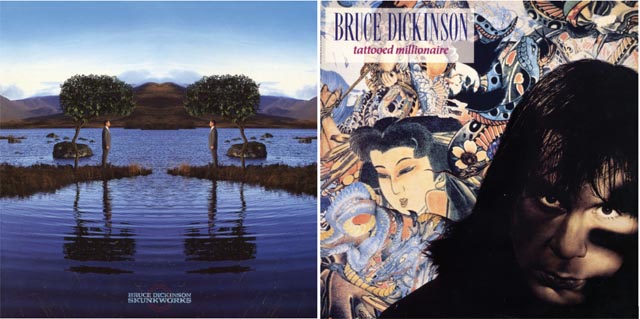 Too Much Joy weren’t metal, but anyone in a band looking for a major label deal needs to read this now. The band, who broke up in 1999, put out three records through Warner Bros., and never really caught on, but that’s beside the point. In an amazing and sobering blog post, the band’s Timothy Quirk writes about receiving a digital royalty statement for the three Warner albums, which, while out of print physically, had been available digitally for five years.
Too Much Joy weren’t metal, but anyone in a band looking for a major label deal needs to read this now. The band, who broke up in 1999, put out three records through Warner Bros., and never really caught on, but that’s beside the point. In an amazing and sobering blog post, the band’s Timothy Quirk writes about receiving a digital royalty statement for the three Warner albums, which, while out of print physically, had been available digitally for five years.
While the band had been collecting thousands of dollars in digital royalties from their four independent albums, the statements from the three WB albums kept being showing $0 in digital sales against the band’s ridiculous unrecouped balance of $395,277. It took Quirk 13 months to finally get their digital royalties added, with a grand result of $62.47. Here’s why it’s really ridiculous, though. Quirk works at Rhapsody, so he knows a thing or two about what his band should be making digitally. And it was only through his job that he was given the favor of getting anything to show up on the statement at all. He’d appeared on a panel with someone in business affairs from Warner Bros., and mentioned that he’d been trying to get their iTunes sales reported.
What the fuck?
I mean, we all know that major labels are supposed to be venal masters of hiding money from artists, but they’re also supposed to be good at it, right? This figure wasn’t insulting because it was so small, it was insulting because it was so stupid.
Granted, a band that never made the label money is much lower on the priority scale than a current multi-platinum band that demands proper accounting. But reading Quirk’s blog post details how sloppy and lazy WB is, and while he was able to get his (badly accounted for and ridiculously low) royalty statement because of his persistence and someone he randomly met, what does that mean for the countless other bands without connections that aren’t the Red Hot Chili Peppers or Linkin Park?












